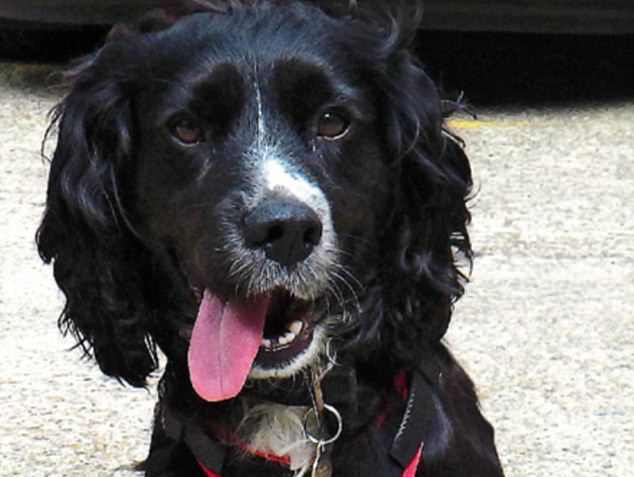FKGR's Shop
I have been teaching the Level 3 Applied Science and Forensic curriculum for more than a decade. Many forensic resources out there are innovative yet pitch to younger audiences and don't meet the detail that level 3 and higher students need - I try to integrate an analytical and vocational approach to my resources.





















